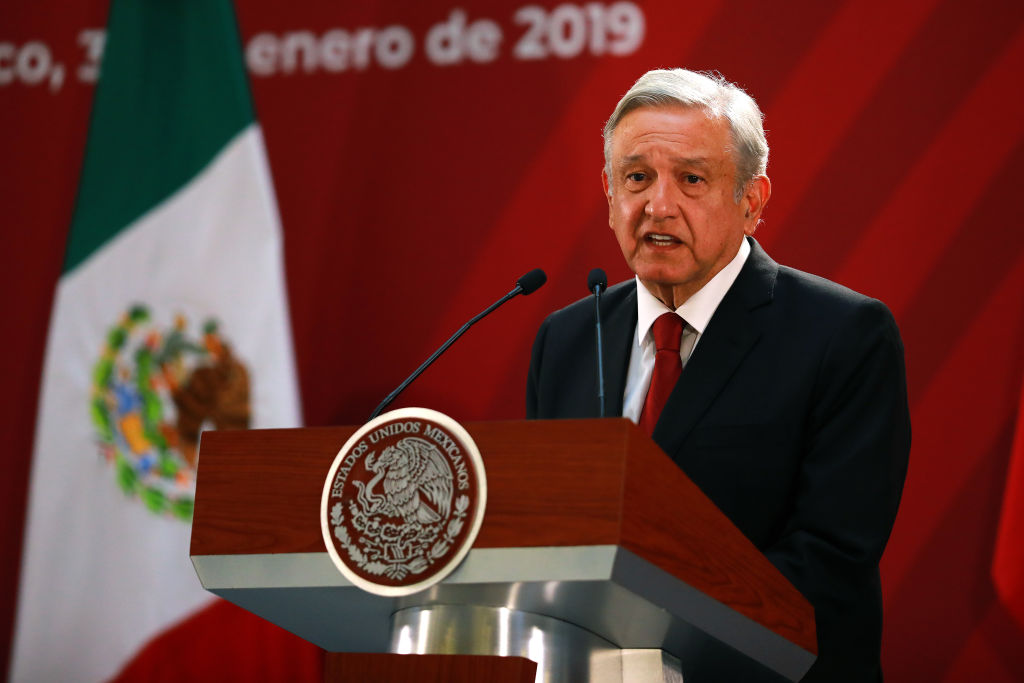RIO DE JANEIRO, BRAZIL – According to plans of the incumbent government of Mexico, five former presidents could soon be brought to trial. They are suspected of corruption in their respective terms of office between 1988 and 2018, and a referendum is to be held to determine whether or not they will be prosecuted for the crime of corruption.
Both social groups and the current president, Andrés Manuel López Obrador, have argued in favor of a plebiscite. Until now, the ex-presidents have enjoyed immunity from ordinary crimes, and can only be charged with “treason to the homeland”.

On Wednesday, the Senate received more than two and a half million signatures supporting the proposal to prosecute ex-presidents Carlos Salinas de Gortari, Ernesto Zedillo, Vicente Fox, Felipe Calderón, and Enrique Peña Nieto. Now a referendum is to take place.
Furthermore, President López Obrador (widely known as AMLO) has submitted a request for a referendum to the Mexican Supreme Court. The Supreme Court must now decide whether the petitions, and the questions to be asked, comply with the constitution.
Tonatiuh Bravo of the social democratic party Citizens’ Movement (CD), among others, has criticized the AMLO proceedings. “If the President of the Republic has information and evidence that former presidents have committed crimes, there is nothing to prevent him from filing a complaint with the Prosecutor General,” Bravo said.
The review of compliance with the law does not require public consultation. Marko Cortés from the National Action Party (PAN) expressed similar views. AMLO should not pursue politics, “but should ensure justice and results; the law is not consulted, the law is enforced,” Cortés said.
Another approach comes from AMLO’s “Movement of National Renewal” (Morena) party: It presented an amnesty bill that would free all five presidents from judicial prosecution. The population should be asked if they could forget the alleged crimes of the ex-presidents.
“It is our duty to ask. If the majority vote were in favor, the legislature would be required to pass the law, and the executive would have to enact it. If this were not the case, the initiative would have to be rejected by the Chamber of Deputies and we would have a sort of law of never forgetting,” said Pablo Gómez, deputy coordinator of the party in the Chamber of Deputies.

